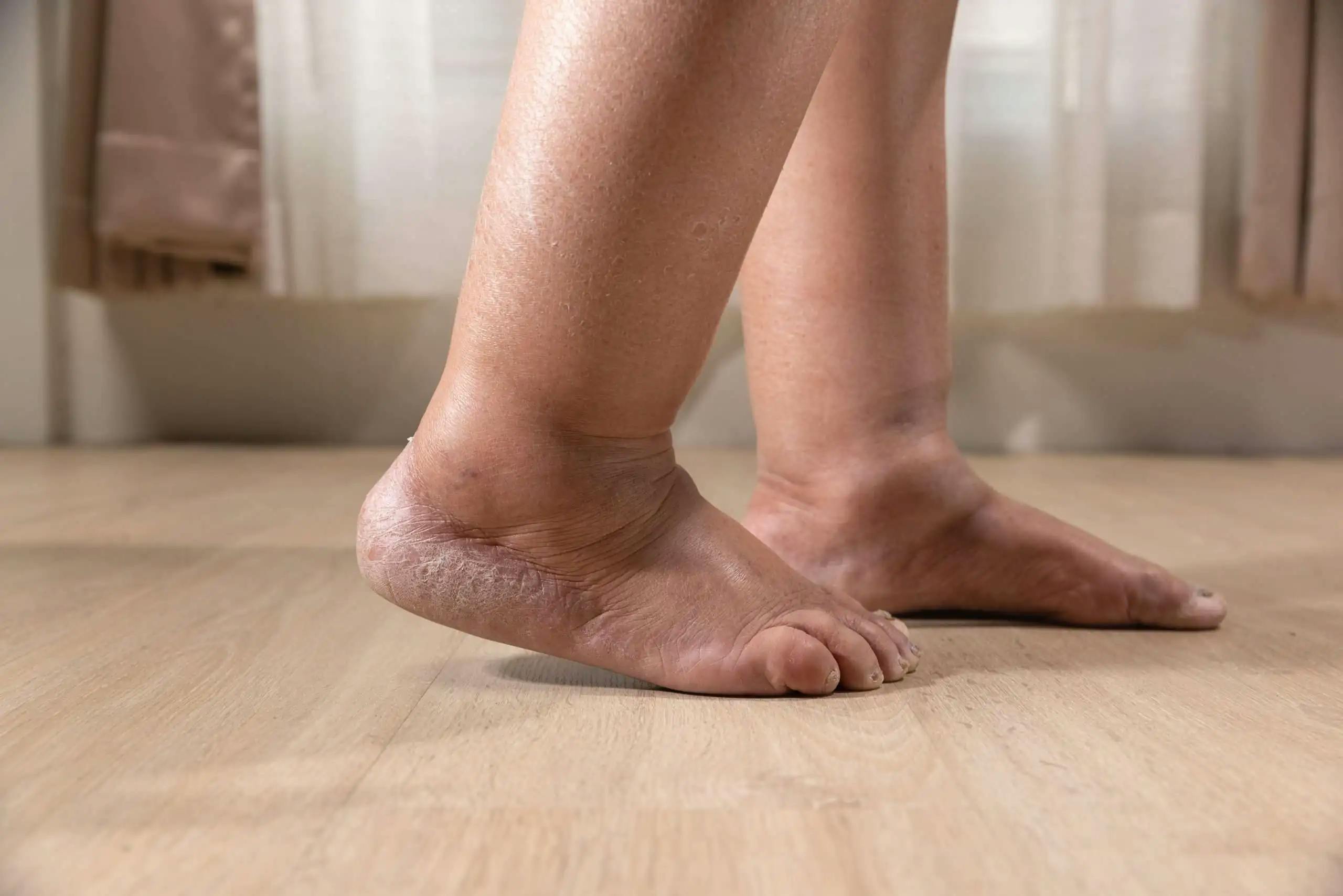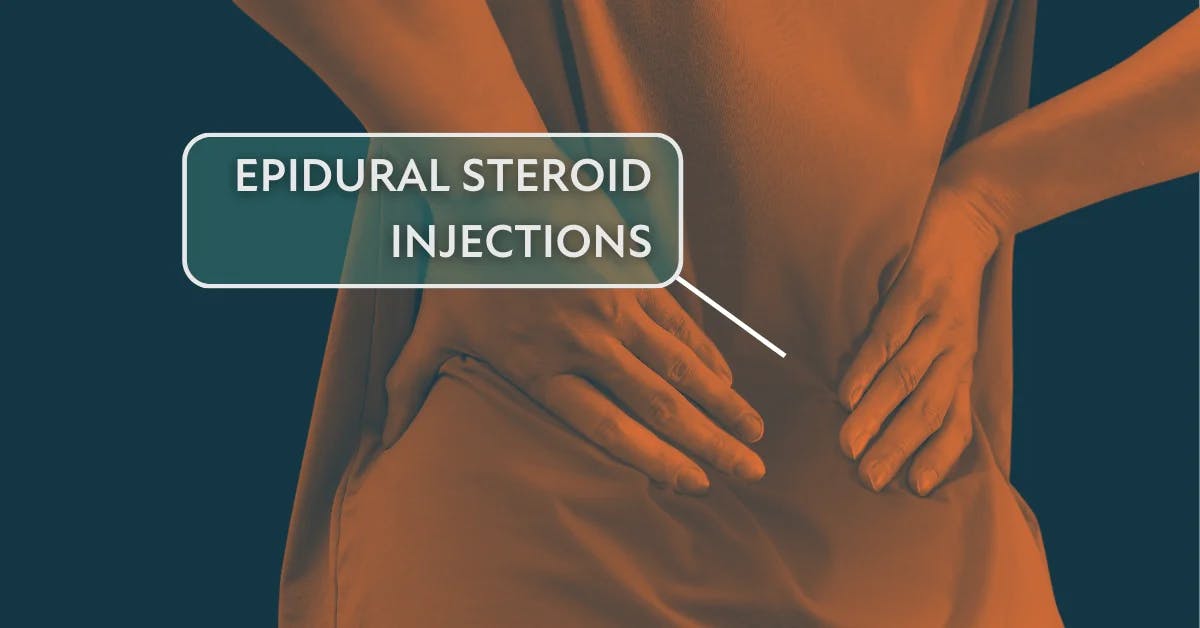If you're wondering whether you need both a primary care physician (PCP) and a gynecologist (OB/GYN), you’re not alone. While some health needs overlap, these two providers play distinct and complementary roles—and together, they help women maintain lifelong health.
Let’s walk through why having both matters, starting with your PCP, and how their roles shift across different stages of life.
Post-Pediatrics (Late Teens to Early 20s)
Start with a PCP
As you transition out of pediatric care, your primary care provider becomes your main medical hub. They’re your first point of contact for most health issues and help build your medical history.
What your PCP covers:
- Annual physical exams and well woman exam visits
- Birth control prescriptions and sexual health counseling
- Mental health support (anxiety, depression, stress)
- Vaccinations, including HPV
- Routine screenings (blood pressure, cholesterol, thyroid)
- Care for common illnesses and minor injuries
- Referrals to specialists, including OB/GYNs
Many PCPs at CLS Health are trained to handle some basic women’s health services—like prescribing contraception and treating UTIs—making them a convenient starting point.
20s–30s: Reproductive Health in Focus
Introduce an OB/GYN alongside your PCP
While your PCP continues managing your overall health, this is when you should begin building a relationship with a OB/GYN, especially if you're sexually active, trying to conceive, or experiencing menstrual issues.
OB/GYN services to prioritize now:
- Annual pelvic exams and Pap smears
- Birth control options and family planning
- STI testing and treatment
- Menstrual irregularities or pelvic pain
- Preconception counseling or pregnancy care
While your PCP can address some reproductive concerns, your OB/GYN offers the specialized care needed for your reproductive system.
40s–Seniors: Preventive and Long-Term Health
Dual care becomes more important
At this stage, preventive screenings, chronic condition management, and menopausal care become central. Both your PCP and OB/GYN play critical roles:
Your PCP focuses on:
- Managing conditions like hypertension, diabetes, and high cholesterol
- Screenings for colon cancer, heart health, bone density
- Mental wellness and medication management
- Coordinating referrals to specialists
Your OB/GYN focuses on:
- Breast health and mammograms
- Perimenopause and menopause management
- Hormonal therapy (if needed)
- Gynecological conditions (fibroids, endometriosis, ovarian cysts)
Together, they provide full-spectrum care—addressing your evolving physical, hormonal, and emotional health.
Why Having Both Matters
Although there’s some overlap, your PCP and OB/GYN don’t replace each other. A PCP provides broad, ongoing care for your whole body. An OB/GYN offers deep expertise in reproductive health.
Having both ensures:
- You don’t miss critical screenings
- Care is coordinated efficiently
- Each doctor can focus on what they do best
If you're unsure where to start, book with a PCP first—they can address many initial concerns and refer you to an OB/GYN when specialized care is needed.
Take Charge of Your Health—Build Your Care Team Today
Your health journey deserves a team that covers it all. Whether you're scheduling your first annual exam, managing new symptoms, or planning for the future, having both a Primary Care Physician and an OB/GYN ensures no part of your health is overlooked.
Start by connecting with a trusted PCP—they can guide you to the right specialists when needed, including an OB/GYN. Together, they’ll help you stay informed, supported, and empowered at every stage of life.
Visit CLS Health and start building your care team today.





